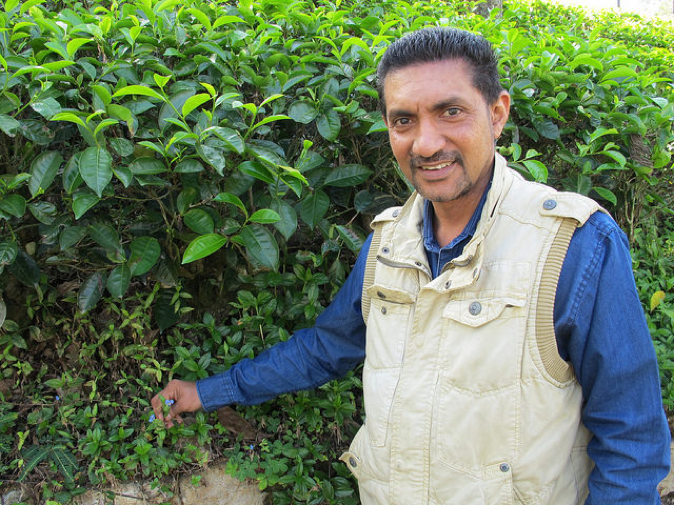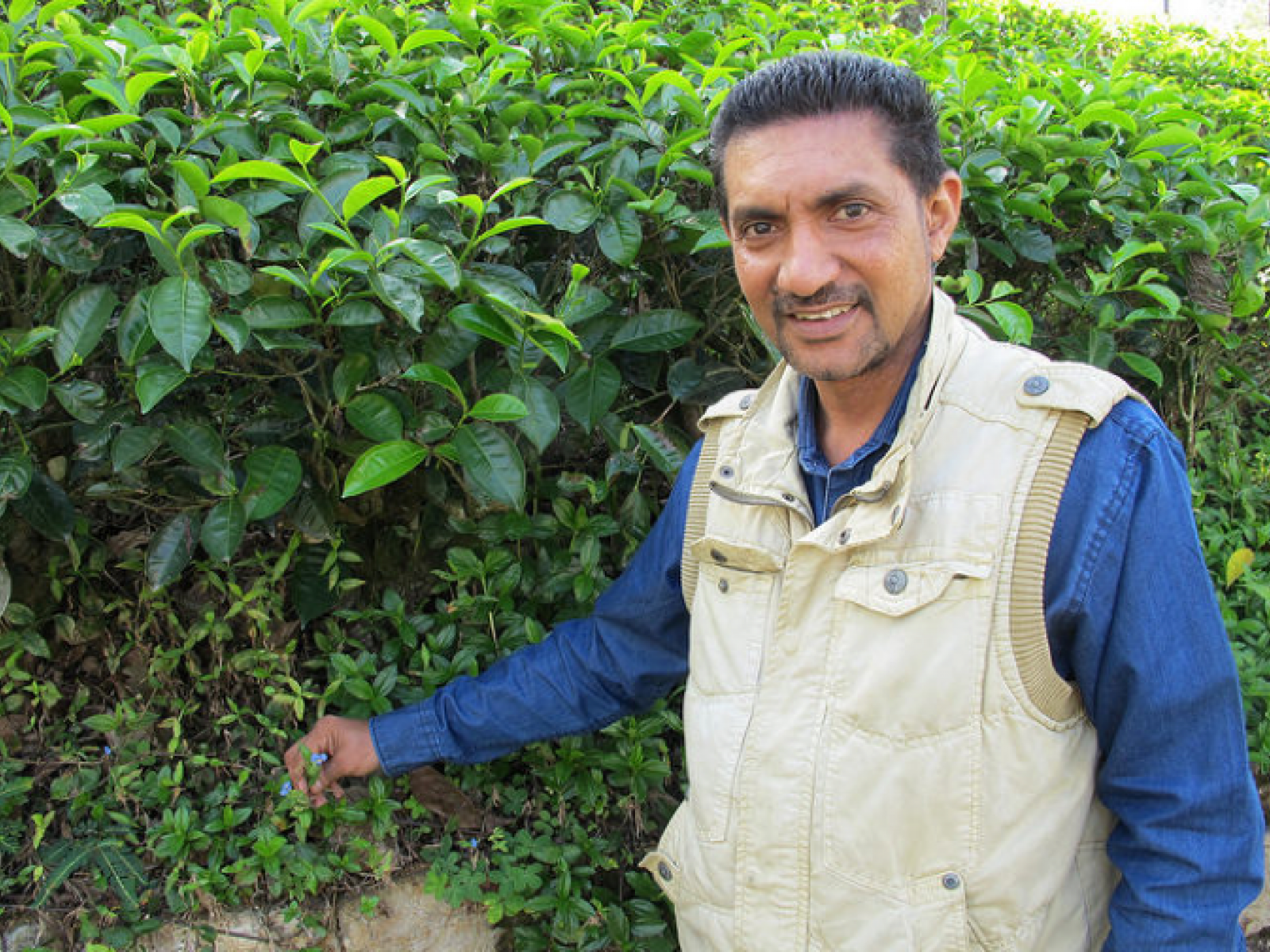An Overview Of Our Solution
- Population Impacted:
- Continent: Asia
Organization type
Population impacted
Size of agricultural area
Production quantity
People employed
Describe your solution
Describe your implementation
External connections
What is the environmental or ecological challenge you are targeting with your solution?
Describe the context in which you are operating
Tea production in Sri Lanka represents an important land use as well as major economic activity. It is produced both in large plantations that employ a total of over 200,000 workers, as well as by nearly 400,000 smallholders, for whom it often provides an important source of income. In both production systems, inappropriate cultivation practices can lead to land degradation and depletion of natural resources on or next to tea production areas. Numerous tea estates rely on chemical herbicides to manage weeds. However, due to repeated herbicide applications, many of the noxious weeds (those detrimental to tea bushes) have developed resistance to herbicides, while most beneficial weeds are killed. This results in more herbicide applications, a “herbicide trap”. Additionally, the effects of climate change and the growing global demand for tea, are intensifying the pressure on land use for cultivation.
How did you impact natural resource use and greenhouse gas emissions?
Language(s)
Social/Community
Water
Food Security/Nutrition
Economic/Sustainable Development
Climate
Sustainability
The initial investment to develop the demonstration plot and provide training depended on external funding. Training on this topic is now integrated in Rainforest Alliance’s standard training program for smallholders in Sri Lanka. Additionally, under its train-the-trainer approach, the Rainforest Alliance also provided training to extension trainers at the Tea Small Holdings Development Authority, which in turn trains smallholder farmers in other areas in the country. Funding through grants helps the Rainforest Alliance provide training to farmers in other regions both in Sri Lanka and in other countries. For implementation, this solution only requires labor— no upfront investment in sprayers nor regular expenses on herbicides.
Return on investment
Entrant Banner Image

